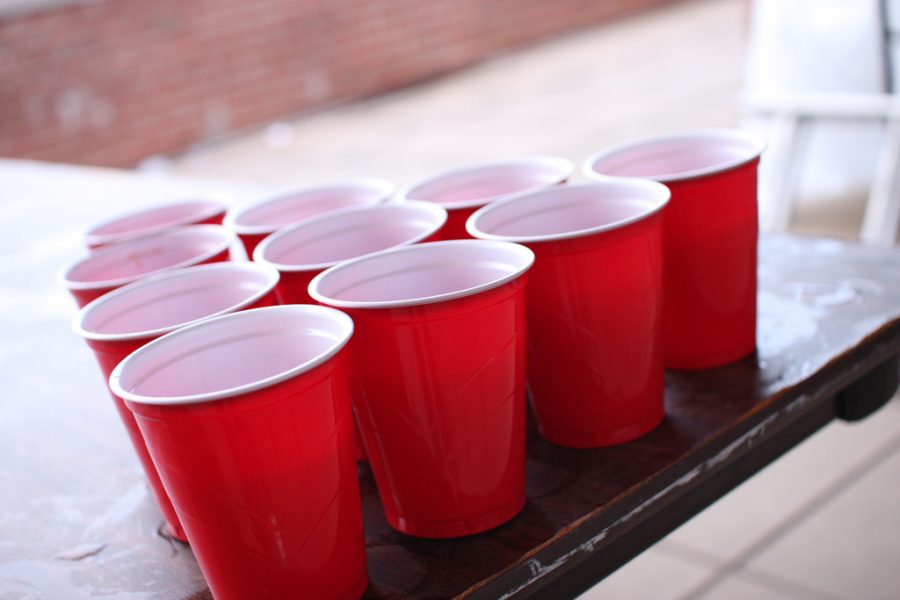Looking at College Substance Abuse
At the University of New Haven, there are “dry” residence halls, which are dormitories that forbid alcohol in the building, like Bergami Hall. here are also residence halls that permit alcohol consumption, as well as possession, if you are of age, like Forest Hills. Buildings that permit alcohol often have residents who are underage. However, if an underage resident lives with an of age resident, alcohol is allowed in the room. This concept allows for underage students to participate in drinking, but avoiding trouble since their older roommates can take responsibility for having alcohol in the room.
But what about “dry” halls? Are they really remaining dry? How are resident assistants able to monitor the consumption of alcohol of underage students, if they are doing so in the privacy of their bedroom?
Bag checks come into play during events, like Homecoming or Spring Weekend, but not during the average weekend when college students are looking to have a good time. College students tend to participate in a “pre-game,” which Urban Dictionary describes as drinking before going to a party, in their residence halls. The issue arises when authorities do not notice the alcohol possession of underage students. While it is true that residents of “dry” halls should be following the guidelines of their designated building, it is also evident that said rules are not difficult to tiptoe around. The basic guidelines of dry buildings are based solely on trust between eager college students, and those in charge.
If an RA discovers alcohol in a room with underage students, especially in a dry building, those students are subject to being fined, as well as attend a chosen class to understand the fundamentals of alcohol abuse. This method is supposed to urge residents to play by the rules, but perhaps it enhances their abilities to be a bit sneakier in the future.
The dry residence halls at the university appear to be lenient in their pursuits to remain alcohol-free. Blame is evidently taken by a person over the age of 21, and excused even when an underage student is in the equation.
According to the 2016 Drug and Alcohol Use in College Age Adults, heavy alcohol use appears to be higher in college age adults than their non-college peers. For example, 32.4 percent of college students admit to binge drinking, and 40.8 percent of college students admit to being intoxicated within the past month. Along with alcohol abuse, the misuse of amphetamine is higher in college students. In the year 2016, 9.9 percent students admitted to using adderall to increase academic performance.
Clearly the rules at the university are here to ensure that students are kept safe and obeying the laws, but how much are our residency staff doing to make sure that this is happening? Underage drinking is no joke and to combat this problem, RAs are going to have to be more attentive to their residents. Do RAs really care ? Or could it be that RAs participate in the same problem that is happening.
But does the problem lie solely with RAs and students? The culture of college campuses can play a huge role in the alcohol and drug habits students chose to take part in. Tailgating, pre-gaming, exclusive invite only parties, and the newfound freedom college students have by being away from home can encourage students to engage in abusive behaviors.





